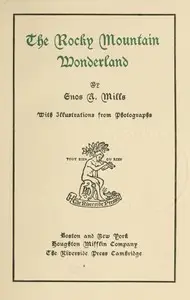"The Apologia and Florida of Apuleius of Madaura" by Apuleius is a collection of philosophical and rhetorical works written in the 2nd century AD. This text primarily showcases Apuleius's defense against accusations of sorcery and other charges in a court setting, while also reflecting the intellectual and cultural milieu of the Roman Empire. The central narrative unfolds during his trial, where Apuleius employs eloquence and wit to refute his detractors and defend his reputation. At the start of "The Apologia," Apuleius stands before Maximus Claudius and other judges, bracing himself against unfounded accusations from Sicinius Aemilianus, which include charges of magic and immoral conduct. He expresses confidence in his innocence, articulating the absurdity of the claims against him. His opening arguments deftly analyze the ludicrous nature of the accusations, emphasizing the distinctions between his philosophical pursuits and the outlandish accusations made by his opponents. This sets the stage for a blend of personal narrative and philosophical discourse, revealing Apuleius's character as a learned individual defending his honor in a vibrant and contentious legal environment. (This is an automatically generated summary.)

The Apologia and Florida of Apuleius of Madaura
By Apuleius
"The Apologia and Florida of Apuleius of Madaura" by Apuleius is a collection of philosophical and rhetorical works written in the 2nd century AD. Thi...
Apuleius was a Numidian Latin-language prose writer, Platonist philosopher and rhetorician. He was born in the Roman province of Numidia, in the Berber city of Madauros, modern-day M'Daourouch, Algeria. He studied Platonism in Athens, travelled to Italy, Asia Minor, and Egypt, and was an initiate in several cults or mysteries. The most famous incident in his life was when he was accused of using magic to gain the attentions of a wealthy widow. He declaimed and then distributed his own defense before the proconsul and a court of magistrates convened in Sabratha, near Oea. This is known as the Apologia.














